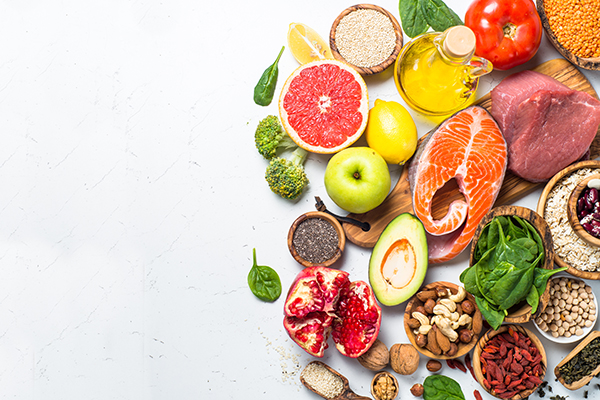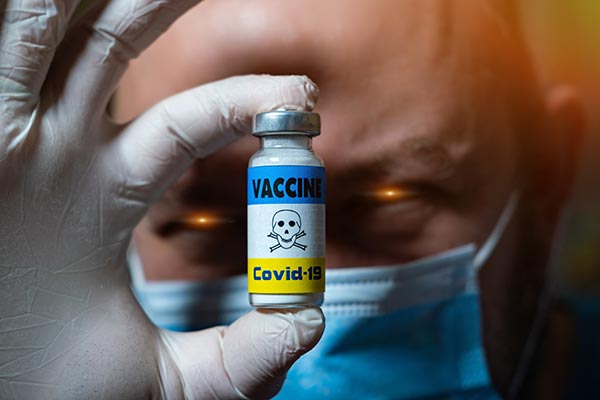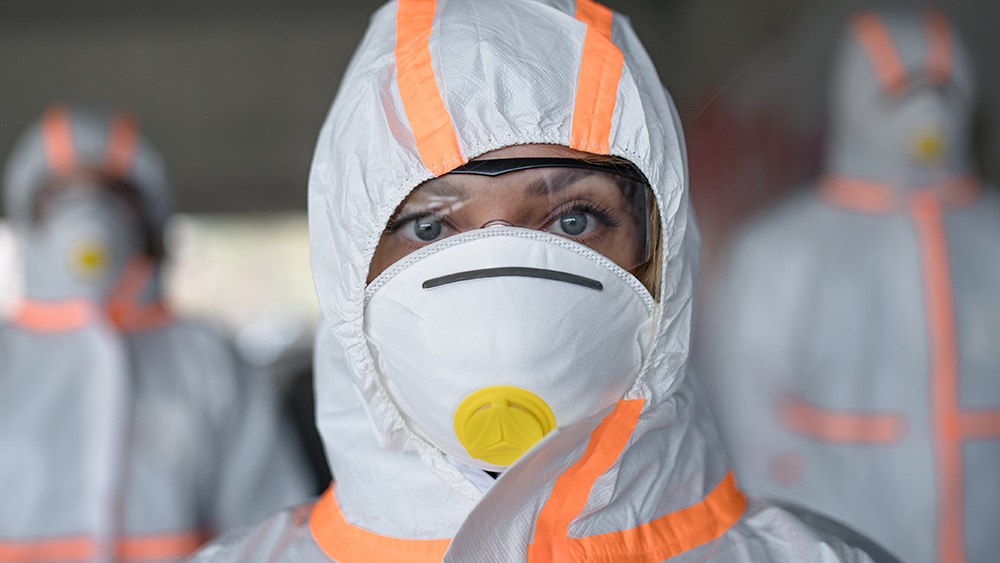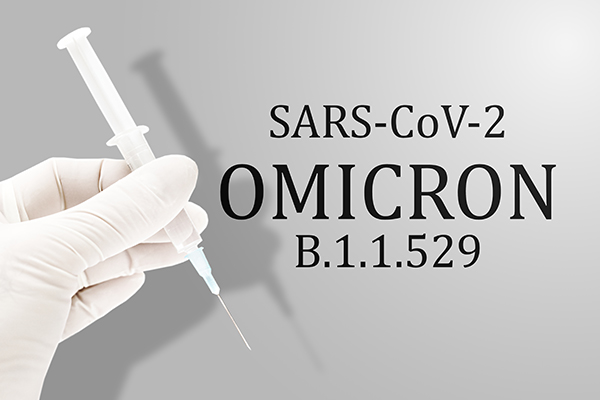Experts, studies recommend eating like your ancestors to boost longevity
11/23/2022 / By Olivia Cook

Biologist Caleb Finch believes naturally mummified bodies cocooned in dusty textiles and interred in arid desert tombs can provide new clues to the mystery of human longevity.
Data from physical anthropology, primatology, genetics and medicine attributed longer life spans to the emergence of vaccines, antibiotics and other medical advances; efficient urban sanitation systems; and the availability of fresh, nutritious vegetables and fruits all year round.
But Finch’s hypothesis contradicts that narrative, stating that the “trend toward slower aging and longer lives began much, much earlier, as our ancestors developed an increasingly powerful defense system to fight off the many pathogens and irritants in their environments.”
Many studies support his hypothesis.
For instance, a study published in the Journal of Physiological Anthropology provides snippets from the studies conducted by microbiologist Rene J. Dubos about the ways in which early-life experience with nutrition, microbiota, stress and other environmental variables influenced later-life health outcomes.
An early pioneer in the developmental origins of health and disease, Dubos said people from the past remained healthy and functioned effectively on a great diversity of dietary regimens that were “far different from those considered scientifically ideal.” He also associated modern diets with the promotion of inflammation and chronic disease development.
Human ancestors obviously didn’t have ready-to-eat processed and ultra-processed foods in their diets. Their relative dietary proportions of meats, nuts, fruits and vegetables probably varied significantly depending on their locations. Some paleoanthropologists believe that nomadic hunter-gathers ate a far wider variety of foods than modern humans.

A detailed analysis of the mid-Victorian period revealed that the best of ancestral diets combined with high levels of physical activity resulted in noticeable life expectancy beyond infancy and the absence of degenerative disease.
Advances in the field of nutritional psychiatry suggested that a strictly plant-based diet (lower in sweets and rich in fruits and vegetables) supported healthy brain structure and function, as well as mental health and cognition.
Dubos pointed out that a lack of contact with the thousands of nontoxic microbes in the outside environment at birth could potentially delay the development of a newborn’s natural defense mechanisms. He suggested that science should decide to “expose the young to a wide variety of the ever-present microbes to build up their tolerance.”
A study published in the journal Nutrients zeroed in on “higher dietary quality.” It found that increased intake of foods with high nutrient density can help break intergenerational cycle of malnutrition and obesity.
Monotonous diets in modern food systems can lead to nutritional deficiencies
Lora Iannotti, associate professor at Washington University, indicated that earlier diets were highly diverse and nutrient-dense. In contrast, “monotonous diets of staple cereals and ultra-processed foods play a prominent role” in modern food systems. This, according to Iannotti, could lead to nutritional deficiencies or an unbalanced diet.
Processed foods were not part of evolutionary diets and likely the main driver of malnutrition across most current food environments, Iannotti added. (Related: Are you in a diet rut? Our ancestors’ diets were more diverse and nutrient dense.)
Scientists have also cited economic constraints and modern lifestyles as factors that led people to consume diets with a positive energy balance but low micronutrients.
The discussions highlighted the need for scientists and the food industry to develop affordable, nutrient-rich products that address nutritional deficiencies in consumers’ diets.
A major step forward along the road to good nutrition is for food, beverage and condiment producers to make their products healthier by enhancing nutrient content and replacing or reducing public health-sensitive nutrients, such as saturated fats, trans-fatty acids, sodium or sugar.
Scientists have documented evidence that several of the fruits people enjoy eating today have been around for millennia in much the same form.
According to a study published in the Internal Journal of Clinical and Experimental Medicine, dates are beneficial in treating various conditions due to their antioxidant, anti-inflammatory, anti-tumor and anti-diabetic properties.
Dates are a good source of energy, fiber, natural sugars (glucose, fructose and sucrose) and various vitamins and minerals. They have vitamin A (important to vision, growth, cell division, reproduction and immunity), B-vitamins (prevent infection and help support cell health, growth of red blood cells, energy levels, eyesight, brain function, digestion, appetite and proper nerve function) and vitamin K (makes various proteins needed for blood clotting and the building of bones).
Essential minerals, such as calcium, copper, iron, magnesium, phosphorus, potassium, selenium, sodium, sulfur and zinc, can also be found in dates. Moreover, archaeologists have uncovered evidence of 780,000-year-old figs at a site in Northern Israel, as well as olives, plums and pears from the Paleolithic period.
For more on the benefits of following a healthy diet, visit Fasting.news.
Watch this video about how modern foods block life force.
This video is from The Augmentation of Man channel at Brighteon.com.
More related stories:
Long before pills, our ancestors used these 12 natural antibiotics to survive infections.
Our ancestors survived on it: Hardtack bread is a staple survival food with a long shelf life.
Prepper food: Two breads you can stockpile and make in your home.
Sources:
JPhysiolAnthropol.BioMedCentral.com
Submit a correction >>
Tagged Under:
#nutrition, aging secrets, ancient diet, anti-aging, food diversity, food is medicine, food science, health science, longevity, men's health, micronutrients, modern diet, natural health, nutrients, organics, Paleolithic period, women's health
This article may contain statements that reflect the opinion of the author





















